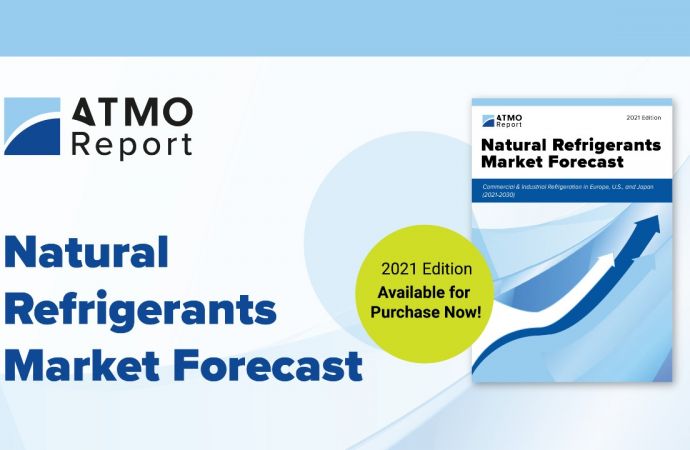A new report from the Consumer Goods Forum backs natural refrigerants as the best alternative.

On the occasion of last week’s One Planet Summit, which last week brought together government and business leaders for a Paris summit on tackling climate change, the Consumer Goods Forum (CGF) board advocated phasing out HFCs in a new report.
“Our Board approved resolutions on achieving zero-net deforestation by 2020, phasing out HFCs and halving food waste by 2025,” writes CGF Managing Director Peter Freedman in the ‘Low-Carbon Solutions in the Consumer Goods Sector’ report.
The Consumer Goods Forum (CGF) groups CEOs and senior management of some 400 retailers, manufacturers, service providers, and other stakeholders across 70 countries.
The report notes that natural refrigerants offer a safeguard against future regulatory change, unlike synthetic alternatives. “They provide viable and future-proof alternatives to synthetic compounds, which are increasingly the focus of climate regulations,” it states.
“Switching to natural refrigerants is also becoming an economic choice, with the increased availability of efficient technologies and associated energy savings,” the report says.
It cites the work of CGF members including the adoption of natural refrigerants by European retailers Sainsbury’s, METRO AG, Carrefour and ICA Sweden.
“At the beginning of 2000s, ICA installed propane/propylene and CO2 systems in a number of stores, aiming to use natural refrigerants as standard in a few years’ time,” the report says.
Adopting natural refrigerants can significantly help to combat climate change, the report argues. “On average, 18-30% of annual [greenhouse gas] GHG emissions of an EU supermarket is due to their choice of refrigerants with the most commonly used refrigerant in the EU being R404A.”
The CGF report calls for wider adoption of natural refrigerants for transport refrigeration. “By 2010, HFCs accounted for about 40% of refrigeration equipment for ships, 70% for road vehicles and 95% for intermodal carriers,” it writes.
They note ammonia and CO2 could also be refrigerant options in transport.
Related stories



